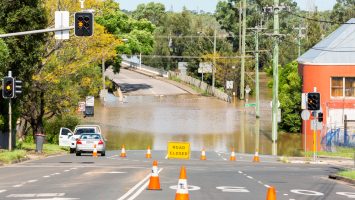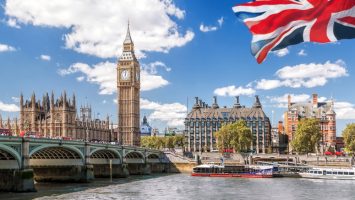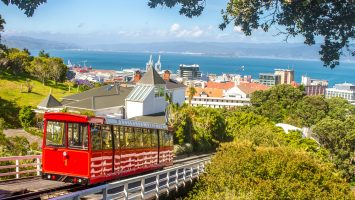NTXIA and FBI Dallas Announce Collaboration to Educate North Texas Public, Private and Academic Sectors on Tackling Modern Threats
DALLAS, June 12, 2024 /PRNewswire/ — North Texas Innovation Alliance, a 501(c)3 regional consortium of over 40 municipalities, agencies, corporations and academic institutions across North Texas working to create the most connected, smart and resilient region in the country, Read More









